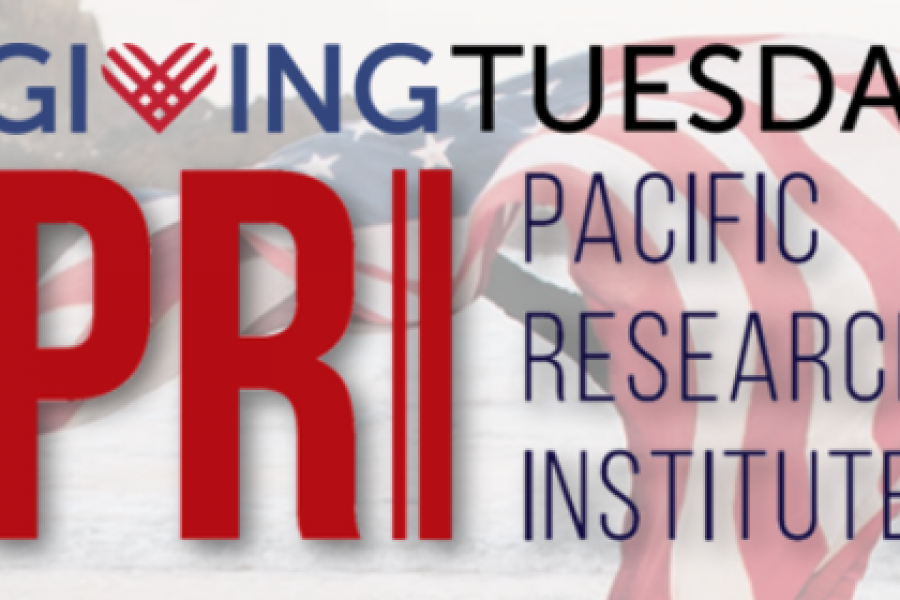The rise of “cancel culture” and increasing hostility toward those with opposing viewpoints have ignited important debates over free speech and association – particularly where social media platforms are concerned. In recent years, the harassment of Americans who do not march in lockstep with – and support – a particular viewpoint has highlighted the need for donor privacy.
The U.S. Supreme Court is currently considering this issue in the case of Americans for Prosperity Foundation v. Becerra. The case, which will be heard for argument on April 26, stems from the efforts of the last two California Attorneys General to force the disclosure of the identities of those who donate to 501(c)(3) charities. PRI, along with organizations spanning the political spectrum from right to left, have argued that this is unconstitutional under the Supreme Court’s decision in NAACP v. Alabama (1958), which rejected the state of Alabama’s attempt to collect the identities of members of the NAACP in the height of the Jim Crow era.
A U.S. District Court in California ruled in 2016 that AFPF and its donors were entitled to First Amendment protection. The Ninth Circuit Court of Appeals overturned that decision in 2018, and now the issue of donor protection is before the Supreme Court.
At PRI, we have been closely involved in this fight to protect donor privacy. The amicus brief we recently filed with Protect the 1st (PT1) in the Supreme Court argued that letting the California Attorney General require the disclosure of donors to public charities would have a chilling impact on freedom of speech and association, especially for those who hold views contrary to the dominant political regime in Sacramento. We noted that PRI’s Center for California Reform develops policy solutions frequently at odds with those favored by California. Disclosure of donors to such contrarian organizations risks abuse by government officials as well as “doxing” that exposes donors to harassment and retaliation.
Our latest amicus brief reads, in part:
“At any given time, some groups will be out of favor with the current regime, and the temptation to abuse government power will always exist. Such abuses can be aimed at persons who support opponents, opposing viewpoints, or even nominally friendly rivals…. The long roster of such abuses of power in the history of American government teaches that it is not unreasonable paranoia but constitutional prudence that should lead us to avoid, wherever possible, giving those in power weapons with which to intimidate or target those who disagree with them.”
We hope that the Supreme Court will protect the right of all Americans to make private donations to causes and groups that they support — regardless of the views expressed. PRI will continue to stand up for the rights of donors to support those nonprofit organizations they choose.
Ben Smithwick is the Pacific Research Institute’s vice president of development.


